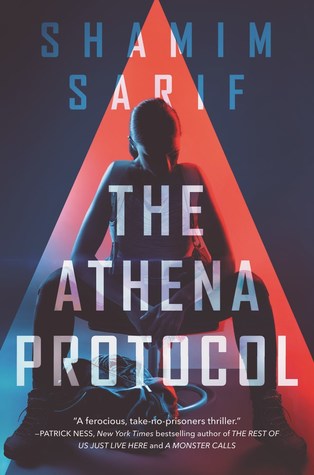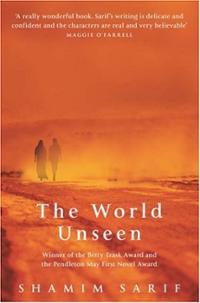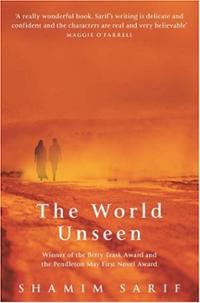Jessie Archer is an agent of Athena, a secret women’s organization that does the government’s dirty work of bringing down bad guys without the red tape. But even Athena has its rules, and Jessie is a loose cannon. When she’s fired from the only work she’s ever known, Jessie takes matters into her own hands and goes on a mission to bring down Gregory Pavlic, a Serbian politician known for human trafficking. Along the way, she falls for Paulina, the forbidden love interest and daughter of the enemy. Jessie must earn her old team’s trust and work with them to save Gregory’s victims from a grisly fate.
Jessie is a hard protagonist to like and cheer for. She’s immature and impatient, causing her to make the same mistakes over and over again. She messes up and expects immediate forgiveness as soon as she shows remorse, never allowing her loved ones the time and space they need to heal from the hurt she caused.
She also has a righteous complex that is obnoxious. Jessie falls into the “not like other girls” trap and considers such women who engage in what are considered narcissistic activities as beneath her. She also tends to lean toward a colonizer’s savior complex, which is especially poignant when she talks to her friend Hala, a woman she brought into the fold after helping her seek asylum in England when Hala was accused of being a terrorist.
Being unlikeable doesn’t make her a bad character, though. It just makes her a frustrating one. However, her inner dialogue reveals her reasons behind her actions and adds a layer of sympathy for readers to latch onto. Jessie recognizes that while Athena’s vigilante missions do good, they can’t pretend they don’t ever do bad in the process. It makes up the hero’s internal conflict throughout the novel. Jessie constantly questions how much bad Athena can do for the sake of good before they themselves become the bad guys.
The pacing and action of the story keep it moving, making the book a quick read. The fight scenes are exciting and keep the reader hooked, wondering what comes next and if the hero will escape certain death. Jessie’s computer and tech skills are also a point of appreciation. Her technical prowess makes her a formidable agent of good, as she offers both brain and brawn.
Ultimately, the action and pace are what keep the novel going. The character development and dynamics don’t delve deep enough for readers to create an attachment to the people and their conflicts. There was potential for rich relationships, but the writing only scratched the surface with Jessie and her comrades.
The most interesting character dynamic was Jessie and Paulina, as their roles created a star-crossed lovers scenario. With Jessie being on the side of good and Paulina being the daughter of the villain, it seemed like readers could tell where that relationship was going. But the twist at the end came as a surprise and made for a satisfying bit of character growth.
Aside from this relationship though, the characters felt shallow. Especially with Jessie, it felt like a great deal of the emotions and behaviors were unexplained or unearned. Most of what her character did felt out of left field.
The way Jessie’s queer identity is handled seemed odd at the end. Throughout the novel, she’s not exactly shy about the way she feels about Paulina. She’s not running around the streets yelling it at the top of her lungs, but she doesn’t run away from the bond they create either.
So in the end, when her mother, Kit, reveals that she didn’t know Jessie liked women, it was confusing. Jessie’s sexuality is never explicitly discussed between her and the other characters, so it felt like it was common knowledge and accepted. Kit’s revelation indicates otherwise though.
The best part of the book is its diverse cast of characters. Athena is made of women from various backgrounds, from British to Arabic to American and Black. Its founder is an Asian woman who reads like a Bruce Wayne or Tony Stark type, using her billions and tech company to fund the espionage organization.
Overall, the premise and characters had a lot of potential, but I don’t think Sarif reached it. It is still a fun and fast read for anyone looking for an action-packed book with kick-butt ladies.





